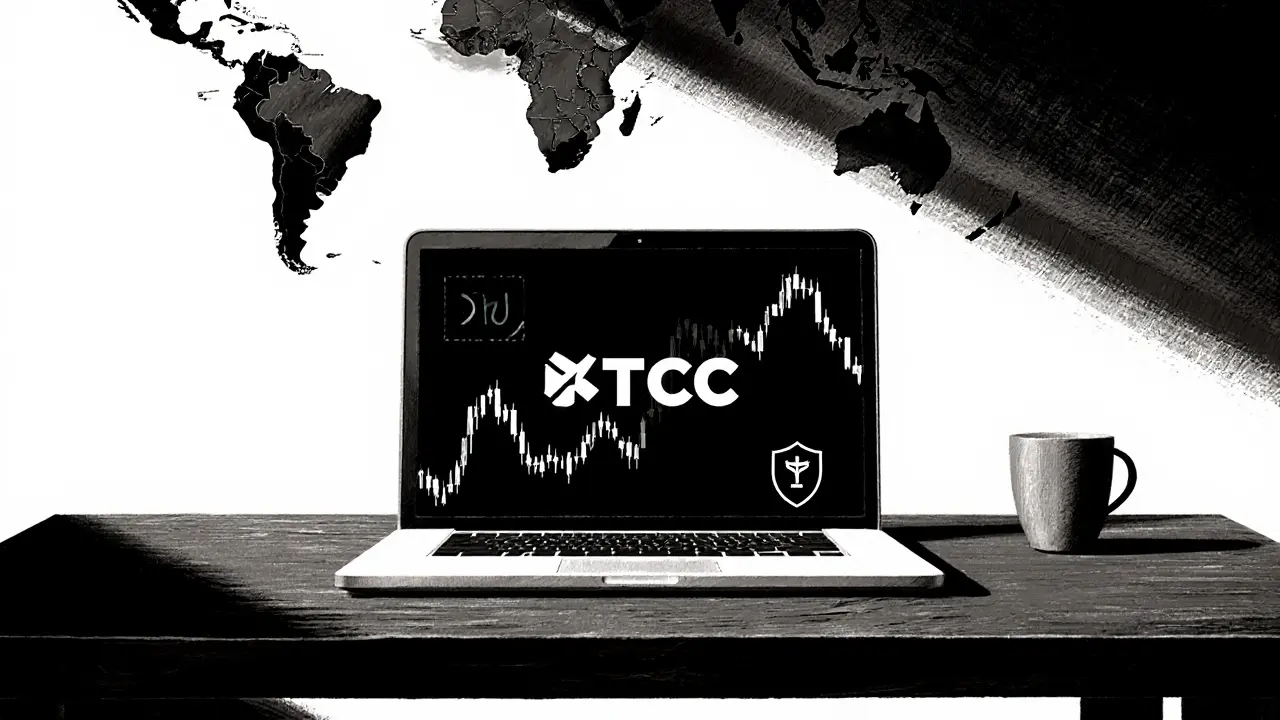A 2025 BTCC crypto exchange review covering security, fees, leverage, regulation, features, pros, cons, and how to get started.
BTCC Security: What You Need to Know
When working with BTCC security, the set of measures that protect the BTCC token and its ecosystem from threats. Also known as BTCC protection, it involves everything from wallet safety to network integrity. Smart contract hacks, exploits that target vulnerable code in decentralized applications are a major concern, while exchange security, the safeguards that platforms use to keep user funds safe determines whether traders can trust a given market. Blockchain forks, splits in the chain that create new tokens and can expose users to replay attacks add another layer of risk, and crypto ATM scams, fraudulent machines that steal cash and crypto from unsuspecting users keep evolving. Together, these elements shape the overall security posture of BTCC.
Understanding BTCC security starts with the premise that secure token management is a combination of technology and practice. A robust wallet—whether hardware or software—provides private‑key control, while multi‑signature setups add a team‑based defense. In the DeFi world, auditors examine smart contracts for re‑entrancy bugs, integer overflows, and access‑control flaws; their reports directly influence investor confidence. Exchanges, on the other hand, deploy cold storage, regular penetration tests, and insurance funds to mitigate hacks. When a blockchain fork occurs, users must update their clients and verify that their assets are correctly reflected on the new chain, avoiding double‑spending. Finally, recognizing the signs of a crypto ATM scam—like unusually high fees or unverified operators—can save thousands.
Key Risks and Real‑World Examples
Recent headlines illustrate how each piece fits together. A smart contract hack on a popular DeFi platform led to a loss of over $100 million, prompting auditors to reinforce their checklists and urging token holders to move funds to safer contracts. Meanwhile, an exchange suffered a breach because attackers bypassed two‑factor authentication, highlighting the need for hardware‑based security keys. A major blockchain fork caused price volatility as traders scrambled to swap tokens on the correct chain, demonstrating how forks can affect liquidity. And a crypto ATM in a high‑traffic city was reported to dispense fake bills, an incident that spurred regulators to require stricter AML compliance for ATM operators.
These cases reinforce three semantic connections: BTCC security encompasses smart contract security, exchange security mitigates loss from hacks, and blockchain forks impact token stability. By mapping those relationships, users can prioritize actions—audit contracts, choose reputable exchanges, and stay informed about network upgrades. The interplay also shows that no single measure is enough; a layered approach reduces the attack surface.
For everyday users, the first step is to audit your own setup. Verify that your wallet firmware is up‑to‑date, enable biometric or hardware‑based 2FA, and store a backup of your seed phrase offline. If you provide liquidity on a BTCC‑based pool, check the contract’s audit reports and monitor community alerts for any announced forks. When selecting an exchange, compare cold‑storage ratios and read transparency reports; platforms that publish regular security audits tend to be more trustworthy. Lastly, stay alert for unfamiliar ATMs—look for official branding and read reviews before inserting cash.
Developers building on BTCC should integrate formal verification tools, run test‑net simulations of fork scenarios, and adopt standardized security libraries. By embedding these practices early, the ecosystem can avoid many of the pitfalls that have plagued older tokens. Communities also benefit from bounty programs that reward white‑hat hunters, turning potential attackers into allies.
Below you’ll find a curated collection of articles that dive deeper into each of these areas—validator incentives, airdrop analysis, hard fork impacts, exchange reviews, and real‑world hack case studies. Whether you’re a trader, a developer, or just curious about staying safe, the posts ahead provide actionable insights to strengthen your BTCC security posture.

